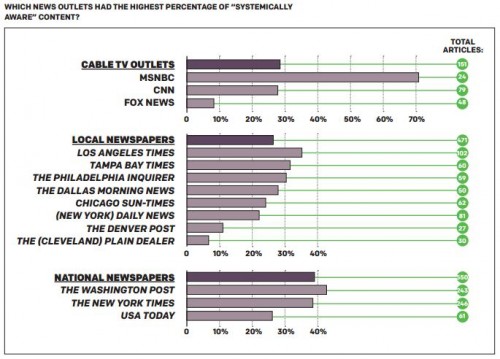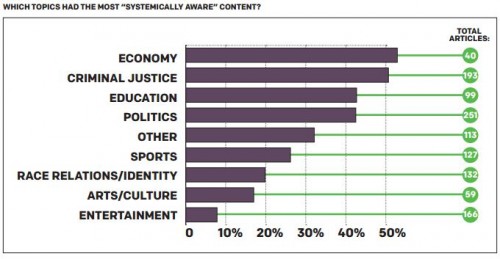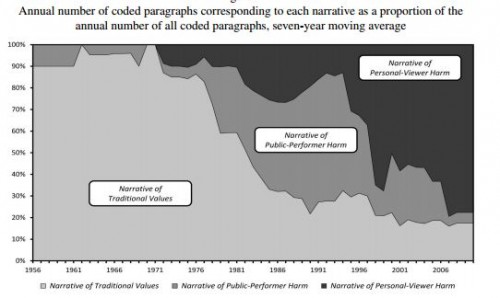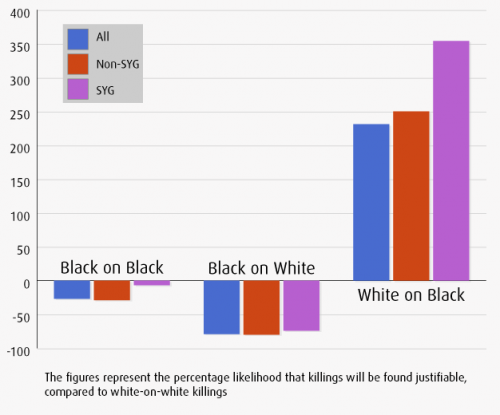Sociologists who study inequality distinguish between individual bias, negative beliefs about a group held by individual persons, and systemic inequality, unequal outcomes built into our institutions that will produce inequality even in the absence of biased individuals.
A good example is K-12 education in the United States. School funding is linked, in part, to the taxes collected in the neighborhood of each school. So, schools in rich neighborhoods, populated by rich kids, have more money to spend per student than schools in poor neighborhoods. This system privileges young people who win the birth lottery and are born into wealthier families, but it also benefits whites and some Asians, who have higher incomes and greater wealth, on average, than Latinos, African Americans, American Indians, and less advantaged Asian groups.
Now, teachers and school staff might be classist and racist, and that will make matters worse. But even in the absence of such individuals, the laws that govern k-12 funding will ensure that rich and white children will be given a disproportionate amount of the resources we put towards educating the next generation. That’s f’d up, by the way, in a society that tells itself it’s a meritocracy.
Sociologists who spend time in classrooms know that young people coming into college are much more familiar with the idea that individuals are biased than they are with the idea that our societies are designed to benefit some and hurt others. This is a problem because, in the absence of an understanding that we need to change law, policy, and practice — in addition to changing minds — we will make limited headway in reducing unfair inequalities.
But where do people get their ideas about what causes inequality?
One source is the mass media and, thanks to Race Forward, we now have a portrait of media coverage of one type of inequality and the extent to which it addresses individual and systemic biases. They measured the degree to which news and TV coverage of issues were systemically aware (discussing policies or practices that lead or have led to inequality) or systemically unaware (fails to discuss such policies, explicitly denies them, or refuses to acknowledge racism of any kind).
First, they found that news outlets varied in their systemic awareness, with MSNBC a clear stand out on one end and Fox News a clear stand out on the other. On average, about 2/3rds of all media coverage failed to have any discussion of systemic causes of inequality. Articles or op-eds that robustly discussed policy problems or changes were extraordinarily rare, “never constitut[ing] more than 3.3% of any individual news outlet’s coverage of race…”

Second, they found that systemic awareness varied strongly by the topic of the coverage, with the economy and criminal justice most likely to receive systemically aware coverage:
 What this means is that whether any given person understands racism to be a largely one-on-one phenomenon that can be solved by reducing individual bias (or waiting for racists to move on to another realm) or a systemic problem that requires intervention at the level of our institutions, depends in part on what media outlets they consume and what they’re interested in (e.g., sports vs. economics).
What this means is that whether any given person understands racism to be a largely one-on-one phenomenon that can be solved by reducing individual bias (or waiting for racists to move on to another realm) or a systemic problem that requires intervention at the level of our institutions, depends in part on what media outlets they consume and what they’re interested in (e.g., sports vs. economics).
There’s lots more to learn from the full document at Race Forward.
Lisa Wade, PhD is an Associate Professor at Tulane University. She is the author of American Hookup, a book about college sexual culture; a textbook about gender; and a forthcoming introductory text: Terrible Magnificent Sociology. You can follow her on Twitter and Instagram.





